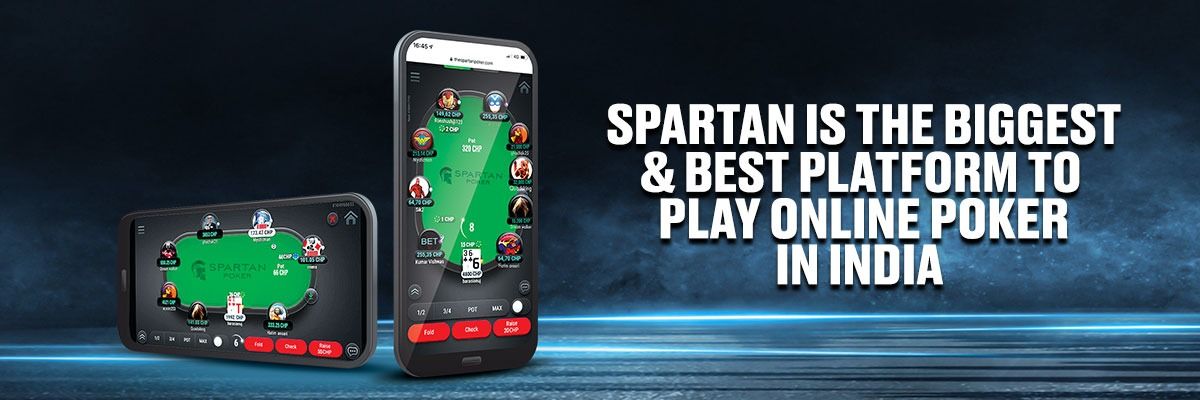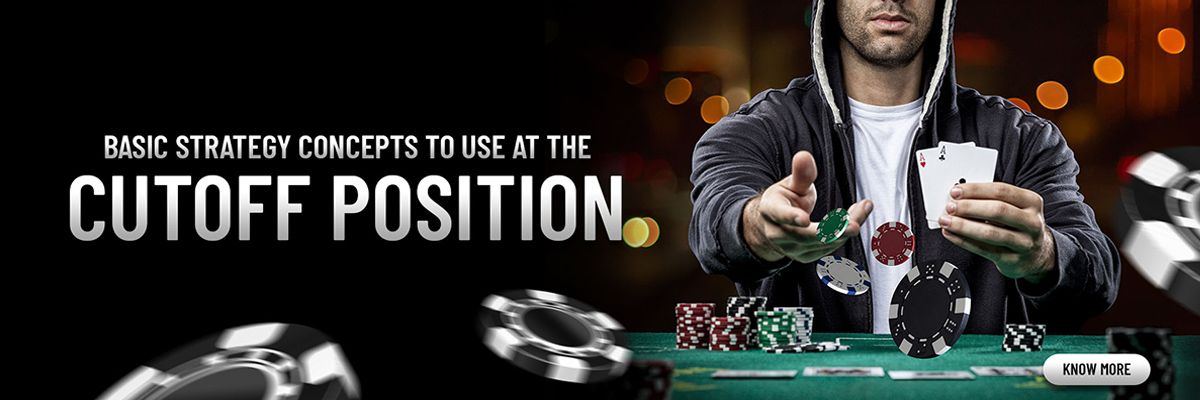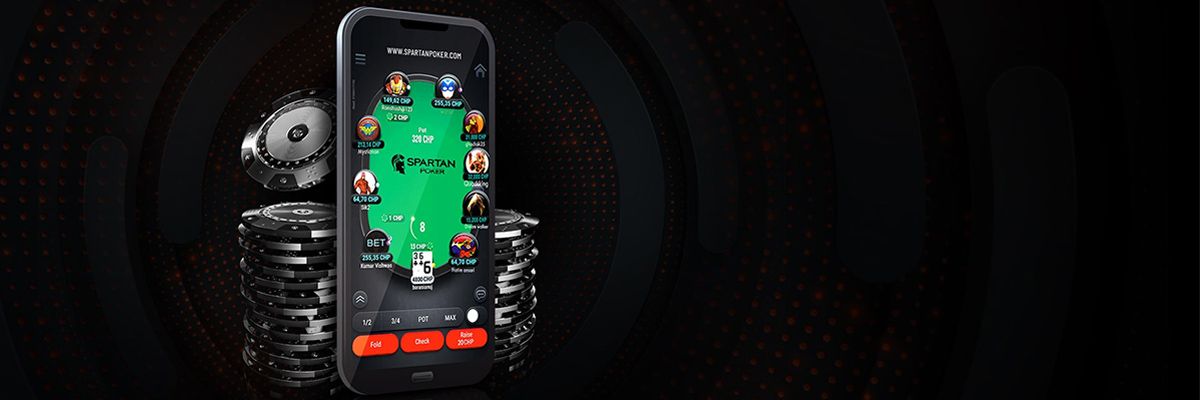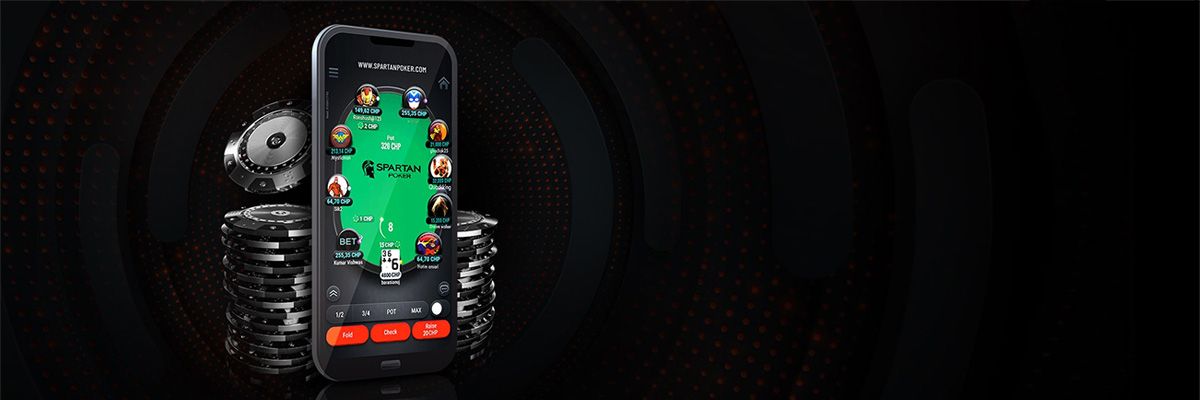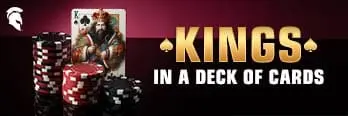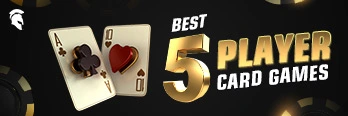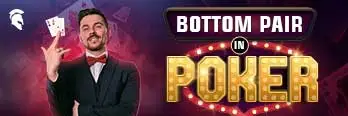The big blind in poker is the most critical pose at the table. From this place, you will see flops most frequently throughout your poker career. It also happens to be the most challenging poker table spot. In terms of getting an advantage over your competitors, the big blind is a vital position can also be one of the most competitive.
Very few players understand the right strategy and execute it properly from the big blind position. And a lot of players have huge leaks, which in the long run cost them a fortune.
But by making sense of the important strategic considerations, we will see that it does not have to be difficult to play from that position. By being a major blind play master, you will increase your win-rate dramatically and build a lead over the competition. So, read on to become a major big blind boss and get the skills you need!
In button games, the actual trading is normally done by a non-playing dealer. To specify which player has the dealer position, a round disk named the button is used. After the first betting round, the player with the button is last to collect cards on the initial deal and has the right of the last action. After a deal ends the button shifts clockwise to rotate the benefit of the last action.
There are normally one or more blind bets used (big blind, small blind) to induce action and trigger play. In poker, small blind and big blinds are shown before the players show their cards. Blinds are part of a player's bet except for a player's system or condition allows a part or all of a specific blind to be "dead." The small blind is usually to the left of the button (not on it) for more than two blinds. Play is begun by the first player to the left of the blinds on the first betting round. The game starts on all subsequent betting rounds with the first active player to the left of the button.
Poker Rules for Big Blinds
Each round, each player must have a button opportunity and fulfil the complete blind obligations. To do so, any of the following button and blind positioning methods can be assigned:
- Moving button: The button will always shift to the next position, and the blinds will change accordingly. There could be more than one major blind guy.
- Dead button: The big blind is put up by the player responsible for it, and the small blind and button are positioned accordingly, even though this means that the small blind or button is put in front of an empty seat, granting the same player the right of the last action on consecutive hands.
A big blind is a mandatory bet that is used in poker variants that usually have no ante, such as Texas Hold 'Em. Two seats to the left side of the dealer button are paid out by the player. The one-seat player to the left of the button charges a small blind which is usually half the size of the main blind or the big blind.
Any time a hand finishes, the dealer button moves clockwise around a poker table, and every player at the table will eventually have to pay the big blind during a match. If only two players are in, one pays the big blind, and the other pays the small blind.
Blinds are constructed by requiring players to have a monetary stake in the game to encourage player engagement and betting. Otherwise, players will not have financial opportunities to obtain more chips in a timely manner.
The blinds increase in volume regularly over the course of a game or tournament to account for the increased size of the chip stacks. It is possible to monitor the length and stakes of a poker game by adjusting the size of the big blind or the amount of time between increases.
Big blinds in poker are usually the same amount a player is able to make as the minimum bet, which is a small percentage of an average stack. Players will still have a decent amount of time to collect chips in a regular game or tournament, but the rising blinds will inevitably force them to compete in the game at some point.
Whether you are in the big or small blind, you have already contributed money to the pot. And when the bet comes up to you, several issues arise. In this segment, those questions are answered.
Big Blind Poker
If you are in the big blind, you will always get a chance to try and see the flop for free. This is typically a good play, particularly if you are holding an unmentioned hand. In the big blind, though, there are a few hands you can lift with. AA, KK, AKs, and AK should all be taken in to create the pot with a boost. An exception is that if only one or two players enter the pot, you can check with AA and KK to disguise your hand and give your opponents the chance to hit something on the flop. This can be risky since an opponent who limps in with a small pair can often hit a set on the flop.
We discussed in this section the most critical aspect of being and staying a winning Hold'em player — starting hand collection. The listed hands are not the only hands you will ever be playing in Hold'em.
Small Blind
The small blind is special in that you already have half a bet in the pot. That means you might see the flop for a discounted price. That is why you will see the flop in an unraised pot with each of the above hands, and the small blind QT, JT, K8s, K7s, K6s, K5s, K4s, K3s, and K2s.
As in a couple of the suggested hands with the appropriate cards above, you're hoping to flop a flush or flush draw; and a straight, straight draw, two pairs, or trips with the QT and JT.
Now is a perfect time to discuss the blinds. After posting a blind, the money is no longer yours. Many players feel they have to protect their blind since they have money in the pot.
Sometimes this thought will lead you to play much weaker hands than your rivals, and ultimately, you will throw good money after bad. If you have the big blind and keep 2/7 unsuitable, one example of this is. This is the worst starting-hand possible.
You can also get mentally stuck if the flop on one of your cards gives you a pair. Now because you have got a pair, you want to stay in the game, so you keep throwing money into the pot. But, in all likelihood, another player would have your pair with a higher kicker, because most players wouldn't mark the big blind with two weak cards.
If you hit two pairs, trips, or even a full house, the possibility of winning rises to the point that continuing will be worthwhile, but the risk of losing is still looming.
You will be able to play many unique hands in many ways as you gain experience and understand how other players play and how to read various situations. The crucial thing is to have a decent chance of winning or at least breaking even when gaining experience. If you are committed to following the rules, you will be well on your way to be a good player in Hold'em.
Poker is not only enjoyable and full of challenges; it also provides exclusive deals for registered players and rewards. Once you have signed up for Spartan Poker, you'll get an exclusive welcome bonus and lots of deals for every poker game you play. Throughout the day, there are tournaments and players simply need to book their seat and start playing.
The online poker platform is not only about playing problem-free but also playing different types of poker games according to your choice. You can enjoy any version with us, and even play online poker with real money and win big. All versions of card games work 24x7 and are available to all players. There are cash games and tournaments available to choose from as well. Are you ready to place your big blind with Spartan Poker?
